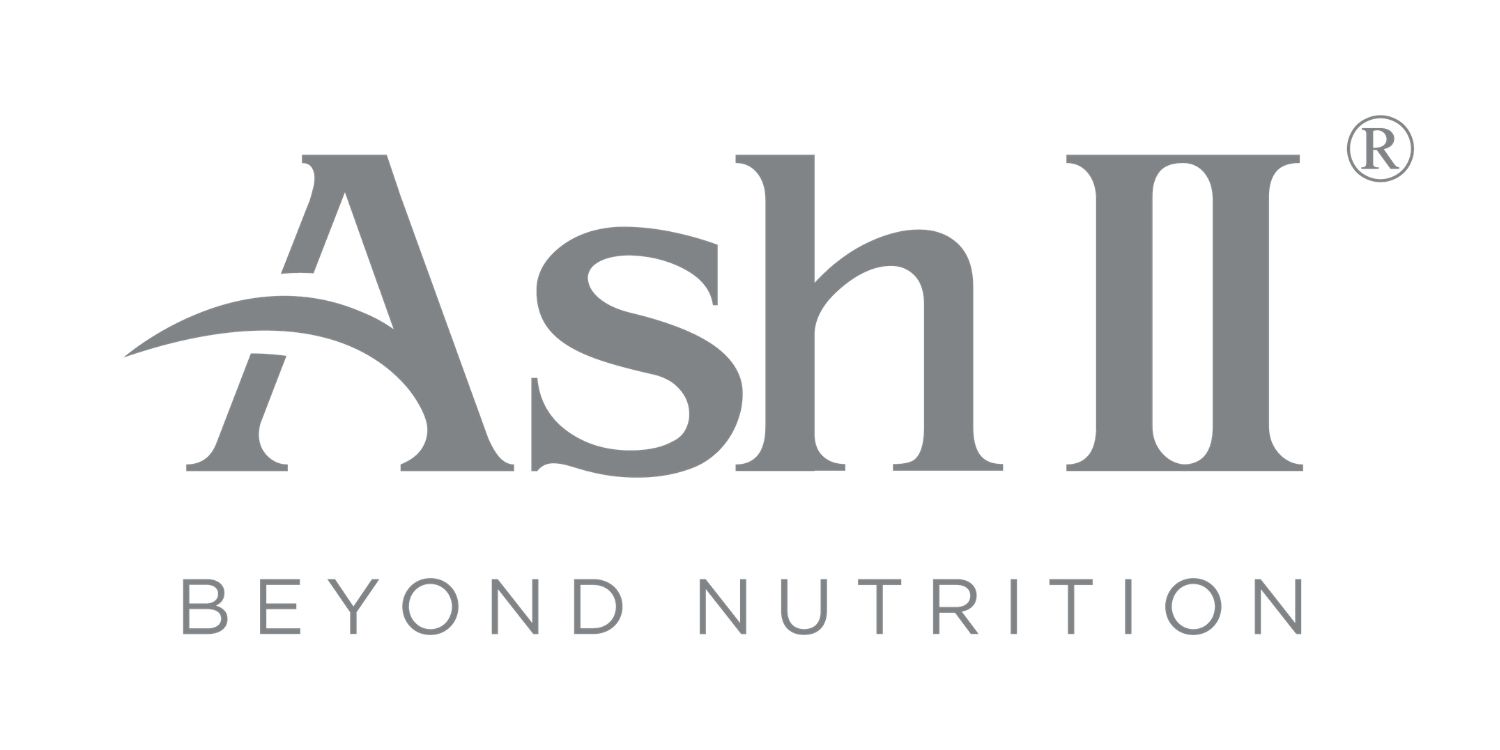Vitamin C, often considered one of the safest and most effective nutrients, plays an importaant role in maintaining overall health and well-being.
While it might not be a magic bullet for curing the common cold, it offers a myriad of benefits ranging from boosting the immune system to protecting against cardiovascular disease, prenatal health problems, eye disease, and even skin wrinkling.
In this article, we will reveal the recommended daily dosages of vitamin C intake, exploring its importance, potential benefits, upper limits, and sources.
How Much Vitamin C Is Enough?
One of the key questions surrounding vitamin C is determining the optimal daily intake. The tolerable upper intake level for vitamin C is set at 2,000 mg per day for adults. According to Dr. Mark Moyad, a researcher at the University of Michigan, taking 500 mg of vitamin C daily is considered safe and is backed by strong evidence.
Taking a 500-milligram supplement of vitamin C is generally considered safe, but it’s advisable to opt for a non-acidic, buffered form to prevent potential stomach irritation.
While supplements can help bridge nutritional gaps, experts emphasize that food remains the best source of essential nutrients, as it provides a range of vitamins, minerals, and fiber in addition to vitamin C.
Vitamin C’s Role in the Body

The Health Benefits of Vitamin C
While no single vitamin can act as a cure-all, research suggests that vitamin C offers notable health benefits in several areas:
1. Stress
Vitamin C plays a crucial role in stress management and is among the first nutrients depleted in individuals exposed to stressors such as alcohol, smoking, and obesity. Maintaining adequate vitamin C levels is considered an ideal marker for overall health.
2. Colds
While vitamin C isn’t a cure for the common cold, studies suggest that it may help prevent more severe complications. It can reduce the risk of developing complications like pneumonia and lung infections in individuals with colds and flu.
3. Stroke
Research indicates that higher concentrations of vitamin C in the blood are associated with a reduced risk of stroke. People who consume more fruits and vegetables, rich sources of vitamin C, tend to have higher blood levels of this nutrient.
4. Skin Aging
Vitamin C’s antioxidant properties can benefit both the inside and outside of the body. Studies show that higher vitamin C intake is associated with a reduced likelihood of a wrinkled appearance, skin dryness, and improved skin aging. Topical treatments with vitamin C have also demonstrated efficacy in reducing wrinkles.
In addition to these key areas, vitamin C may play a role in improving macular degeneration, reducing inflammation, and lowering the risk of cancer and cardiovascular disease.
How to Get More Vitamin C in Your Diet
Vitamin C is abundant in various fruits and vegetables. Incorporating these foods into your daily diet is an effective way to ensure you receive an adequate intake of this essential nutrient. Some excellent sources of vitamin C include:
- Citrus fruits
- Grapefruit
- Papaya
- Tomatoes
- Pineapple
- Peppers
- Kiwi
- Watermelon
- Leafy greens
- Brussels sprouts
- Berries
- Potatoes
Simple Ways to Incorporate More Vitamin C Rich Foods Into Your Diet
Add pureed or grated fruits and veggies to recipes
Boost the nutritional value of your meals by incorporating pureed or grated fruits and vegetables into dishes like muffins, meatloaf, and soups.
Keep cut-up fruits and veggies on hand
Prepare fruits and vegetables in advance and store them for quick and healthy snacks.
Enjoy frozen fruit slices
Frozen fruit slices make for a refreshing and nutritious summer treat.
Include dark lettuce, tomatoes, and shredded broccoli slaw
Enhance the nutritional content of your sandwiches and wraps with ingredients like dark lettuce, tomatoes, and shredded broccoli slaw.
Pair raw veggies with dips
Enjoy raw vegetables with hummus, low-fat dips, and salsas for a satisfying and healthy snack.
Add fresh or frozen berries
Incorporate fresh or frozen berries into muffins, pancakes, cereal, and salads for a burst of vitamin C.
Combine dried fruit and nuts
Create a convenient and nutritious snack by mixing dried fruit with nuts.
Savor vegetable juice
Opt for a glass of vegetable juice as a filling and low-calorie mid-afternoon snack.
In Summary
Vitamin C is a vital nutrient with numerous health benefits. While it’s not a cure-all, it plays a significant role in supporting the immune system, reducing the risk of complications from colds, and potentially protecting against stroke and skin aging.
Incorporating vitamin C-rich foods into your diet is the best way to ensure you meet your daily requirements. However, in today’s hectic lifestyle, eating a well balanced diet can be a challenge, especially for working adults. In this regard, vitamin C supplements are recommended.
In Malaysia, more and more people are opting to take vitamin C supplements regularly to complement their daily diet. While doing so is beneficial, bear in mind not to exceed the upper limits to prevent side effects.
Share this:
- Click to print (Opens in new window) Print
- Click to share on Facebook (Opens in new window) Facebook
- Click to share on WhatsApp (Opens in new window) WhatsApp
- Click to share on X (Opens in new window) X
- More
- Click to share on Tumblr (Opens in new window) Tumblr
- Click to share on Reddit (Opens in new window) Reddit
- Click to share on Pinterest (Opens in new window) Pinterest
- Click to share on LinkedIn (Opens in new window) LinkedIn
- Click to share on Pocket (Opens in new window) Pocket
- Click to share on Telegram (Opens in new window) Telegram




